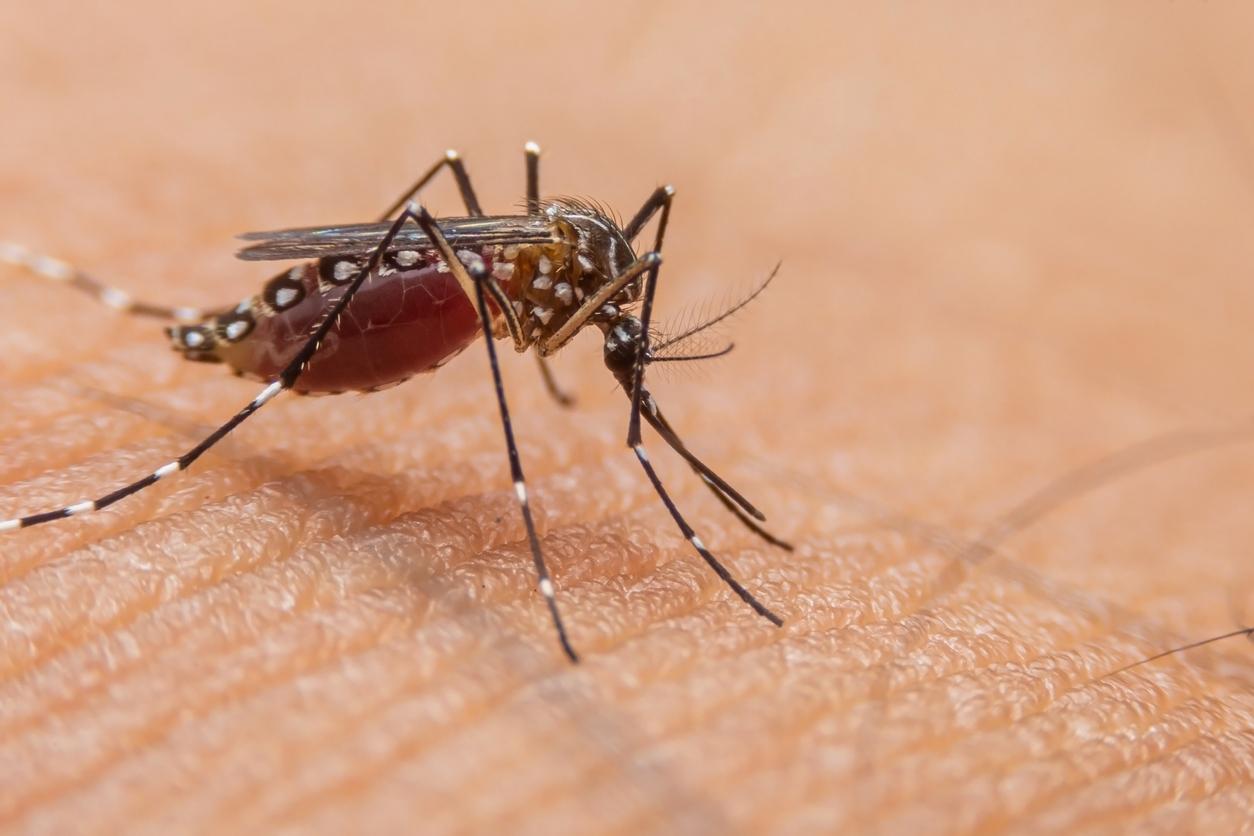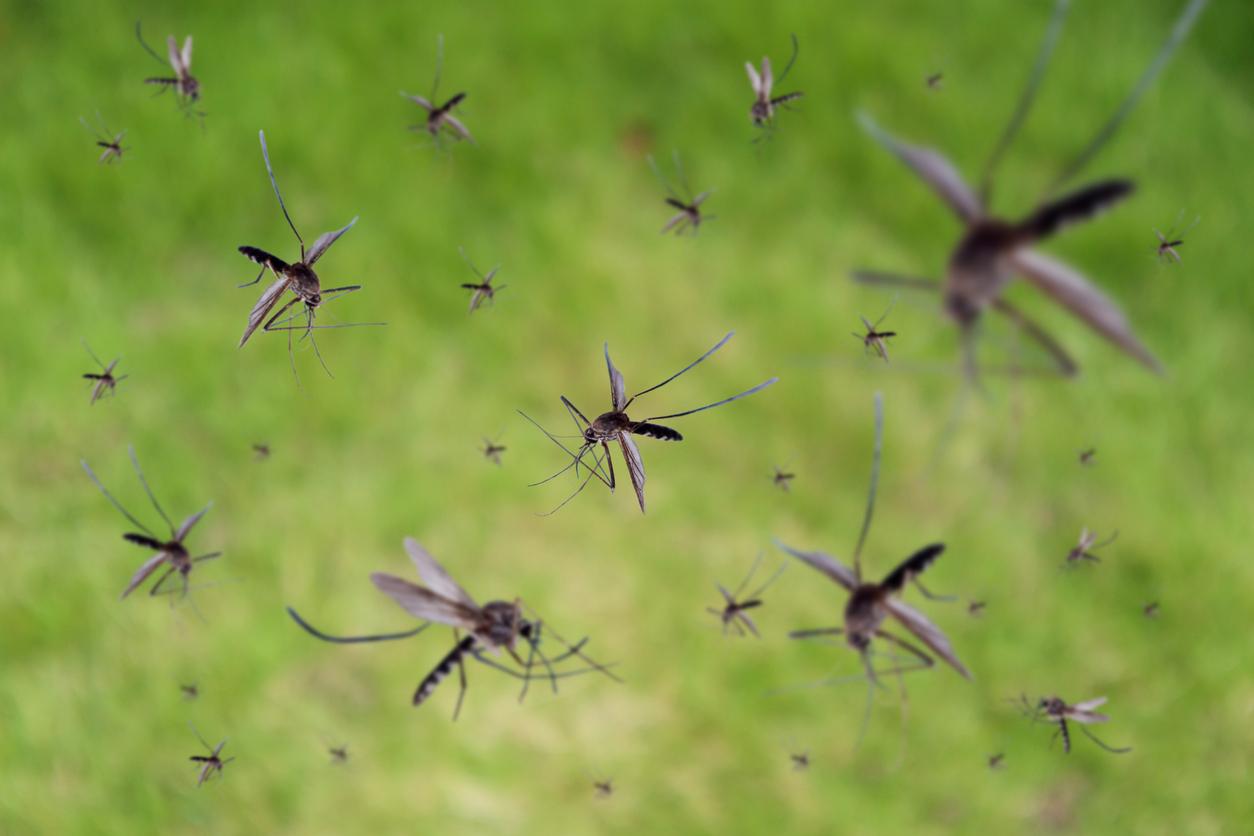As Rio Carnival began this Friday, a strong dengue epidemic is affecting Rio de Janeiro, which is in a state of emergency.

- Rio de Janeiro is in a state of emergency due to a dengue epidemic.
- In January 2024, more than 11,200 cases of dengue fever were recorded in the city.
- Nationally, 365,000 cases of dengue fever have been recorded, four times more than during the same period in 2023.
The health situation contrasts with the Carnival festivities, which began this Friday, February 9. Indeed, the city of Rio de Janeiro is in a state of emergency due to a dengue epidemic.
The dengue epidemic linked to extreme heat
In January 2024, more than 11,200 cases of dengue fever were recorded in the city, according to the municipality’s epidemiological observatory. “We have already recorded almost half of the cases from the entire previous year, which causes great concern“, indicates Daniel Soranz, the municipal secretary of Health of Rio, at CNN Brazil. Over the same period, 362 people were hospitalized in Rio because of this disease.
The dengue virus is transmitted by mosquitoes of the genus Aedes. According to the authorities, the rise of this epidemic is linked to temperatures. “Record heat and above-average precipitation since last year have increased mosquito transmission hotspots“, indicates Nísia Trindade, the Brazilian Minister of Health, in a communicated.
Symptoms of dengue include high fever, severe headache, nausea, vomiting, muscle and joint pain, swollen lymph nodes and skin rashes. “In certain patients, for poorly understood reasons, the clinical picture of the disease can evolve into ‘severe’ dengue fever.“, according to the Pasteur Institute.
To stem the epidemic, the city of Rio de Janeiro opened ten health centers and an emergency center was set up by the Ministry of Health to coordinate operations. “Now is the time to step up care and prevention. It’s time for all of Brazil to unite against dengue“, assures Nísia Trindade.
State of emergency in three Brazilian states
At the national level, concern is also present because at the start of the year, already 365,000 cases of dengue fever have been recorded, four times more than during the same period in 2023. Forty deaths have also been confirmed. Moreover, Rio is not the only state to have declared a state of emergency. Two others, Minas Gerais – the second most populous state – and the Federal District had already done so.
A vaccination campaign will be implemented across the country with the aim of vaccinating 3.2 million people in 2024. But the Minister of Health, Nísia Trindade, warns that it “will be done gradually, given the limited number of doses produced by the manufacturing laboratory”.

















